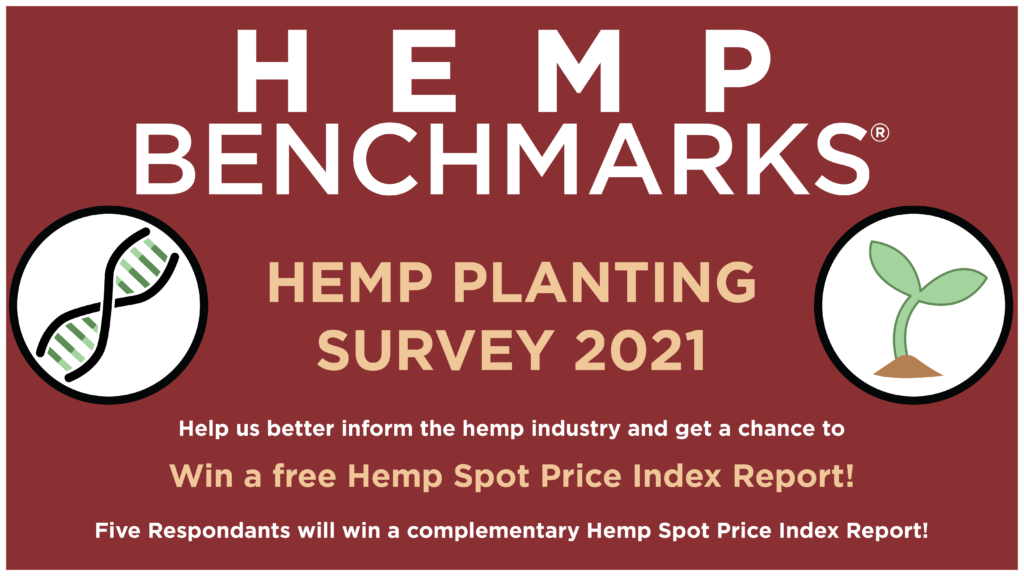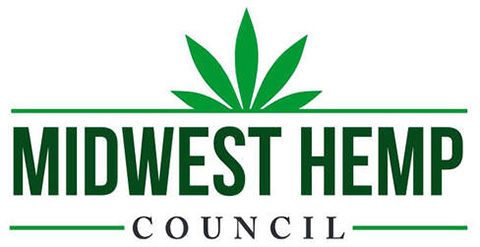
It’s not your imagination: lawsuits have become a common part of the U.S. hemp sector. While national legalization opened up new avenues of opportunity for hemp businesses, it also created a noticeable increase in what one attorney described in 2020 as “hemp-related litigation in nearly all phases of the industry.”
Legal disputes are especially common now among hemp producers, processors, and manufacturers, according to David Kramer, a Los Angeles-based partner at the law firm Vicente Sederberg who focuses on hemp, cannabinoids, and corporate issues. He also has significant litigation experience.
“There’s been a lot of hemp and cannabis litigation over the last few years,” he told Hemp Benchmarks. “Most of it involves partnership disputes or investments gone awry, or people being sold product that wasn’t what they thought it was, [such as] bad seeds that didn’t germinate the way they were advertised or that didn’t have the cannabinoid content.”
Traditional Legal Disputes Get Hemp-Specific Details
Kramer said many lawsuits being filed by hemp industry participants involve types of disputes seen frequently amongst other mainstream businesses. Breach of contract is a big issue, he noted, including matters such as faulty supply chain commitments, products not living up to expectations, or refined products that are not refined as promised. There are also cases of outright fraud, many of which lead to breach of contract lawsuits.
In the hemp industry, the types of disputes noted above naturally involve hemp-specific considerations, which can require that legal counsel be familiar with the workings, terminology, and regulations of the industry. For example, “I’ve seen a lot of cases on [hemp] seeds not being what they were advertised,” he said. “Also on things like biomass; people thinking they were buying biomass with let’s say 15% CBD content and it ended up being 5%. There’s also been some lawsuits involving people who were promised, for example, that a processor would remediate extracts below the 0.3% THC threshold. And then, lo and behold, the processor didn’t actually do that,” leading to hemp extracts above the lawful THC limit.
Other common lawsuits in the hemp industry involve disputes amongst participants within a business. Kramer noted issues such as “investors being told they were investing in a certain company that had certain revenue projections or pro formas, and then maybe not disclosing information as they should have – or simply failing to perform and their officers and directors breaching their fiduciary duties.” There are also partnership or ownership disputes, such as disagreements regarding who really owns what percentage of a company.
Tips on Legally Protecting Your Interests
Kramer offered some advice to hemp companies on how best to protect themselves legally in this volatile business environment.
Get it in writing:
“The best piece of advice is to button things up on the front end,” he said. “Make sure your supply contracts are tight, make sure you get good reps and warranties, that your supplier is operating lawfully. Make sure that you’re able to test this product before you accept it, make sure that your supply contracts get to the nitty-gritty on the specifications like cannabinoid content, free of pesticides and microbials, heavy metals, and all that stuff that you don’t want in your biomass.”
The best defense is a good offense:
According to Kramer, “you really don’t want to be in a situation where you need a litigator, because that means something went south. No contract is ever perfect. If you get your supply contract lined up, and you get the rest of the warranties that you need in there, that’s big. The other two points I always advise my clients are good indemnification [compensation for harm or loss], so that if things go south the supplier has to indemnify you for your losses.”
Include an attorney fee provision:
Kramer noted that even if a company wins a lawsuit it still might have to pay very pricey attorney’s fees. “It’s best if you contractually bind your counterparty to pay for those attorney fees,” he said. “I can’t tell you how often people say they want to sue someone and they have no contract, no attorney fee provision. Litigation is very expensive, and you might not have anything left for you at the end.”
Get an experienced litigation attorney:
“Most attorneys that draft documents have never litigated before in their lives,” Kramer said. “A lot of people don’t have that context.”
Be aware of the changing regulatory landscape:
The hemp sector, Kramer noted, is complicated and constantly evolving. “The regulations vary from state to state,” he said, “things like packaging and labelling laws. All of that stuff is emerging and people don’t know how to deal with it.” On top of the municipal and state issues, of course, is the still-developing federal legal landscape for hemp, which can become a huge headache for hemp businesses with plans for interstate commerce. “There’s … a growing patchwork of state laws that you need to take into account when you become a national producer,” Kramer said,” as you expand into various states.”
Stay educated:
“There’s a lot of misinformation out there,” Kramer warned. “Some people think the [2018] Farm Bill legalized CBD across the board – and unfortunately it didn’t.” It is therefore on the hemp business and its stakeholders, he said, to stay educated and aware of any major changes affecting the market.




